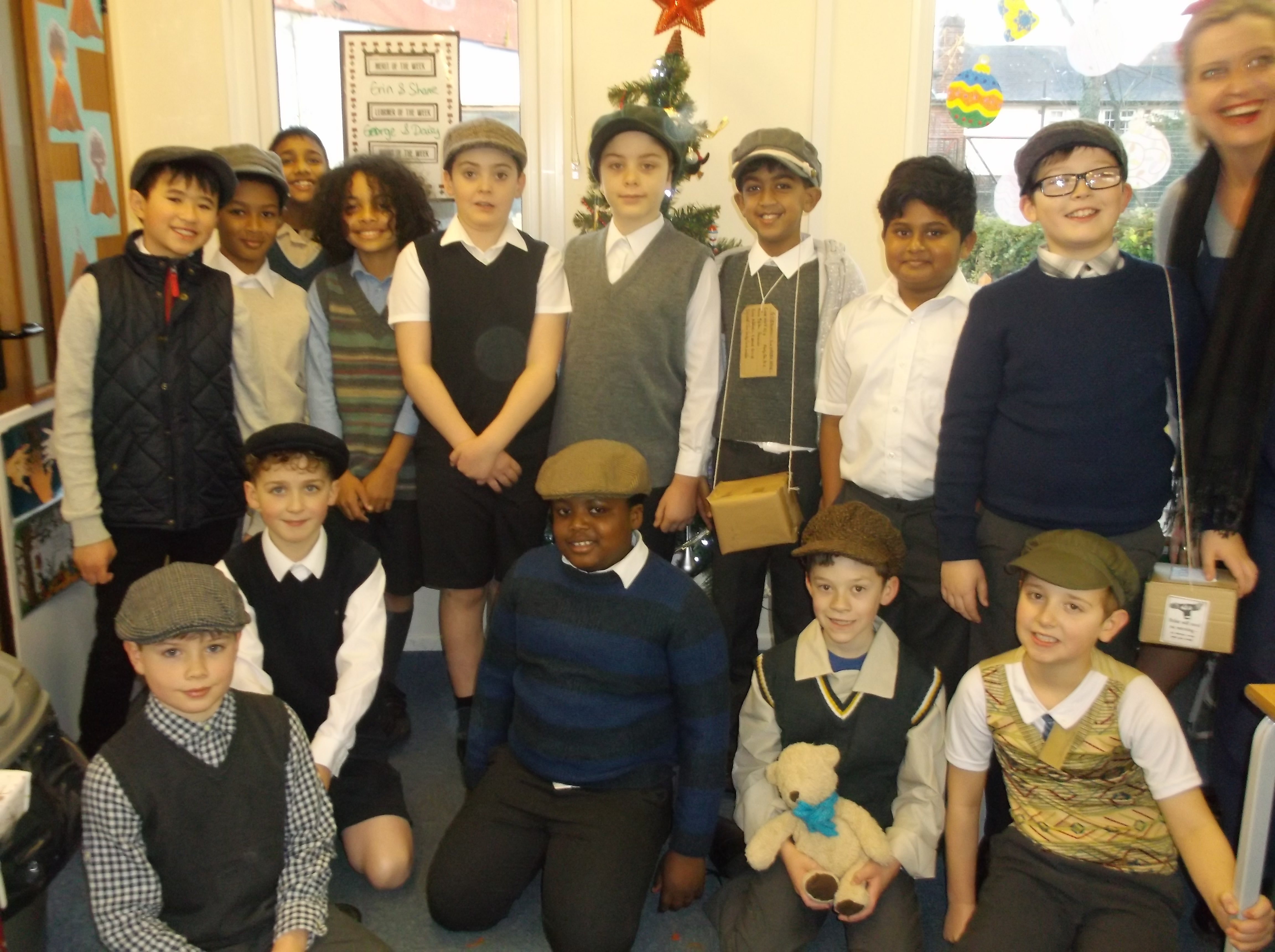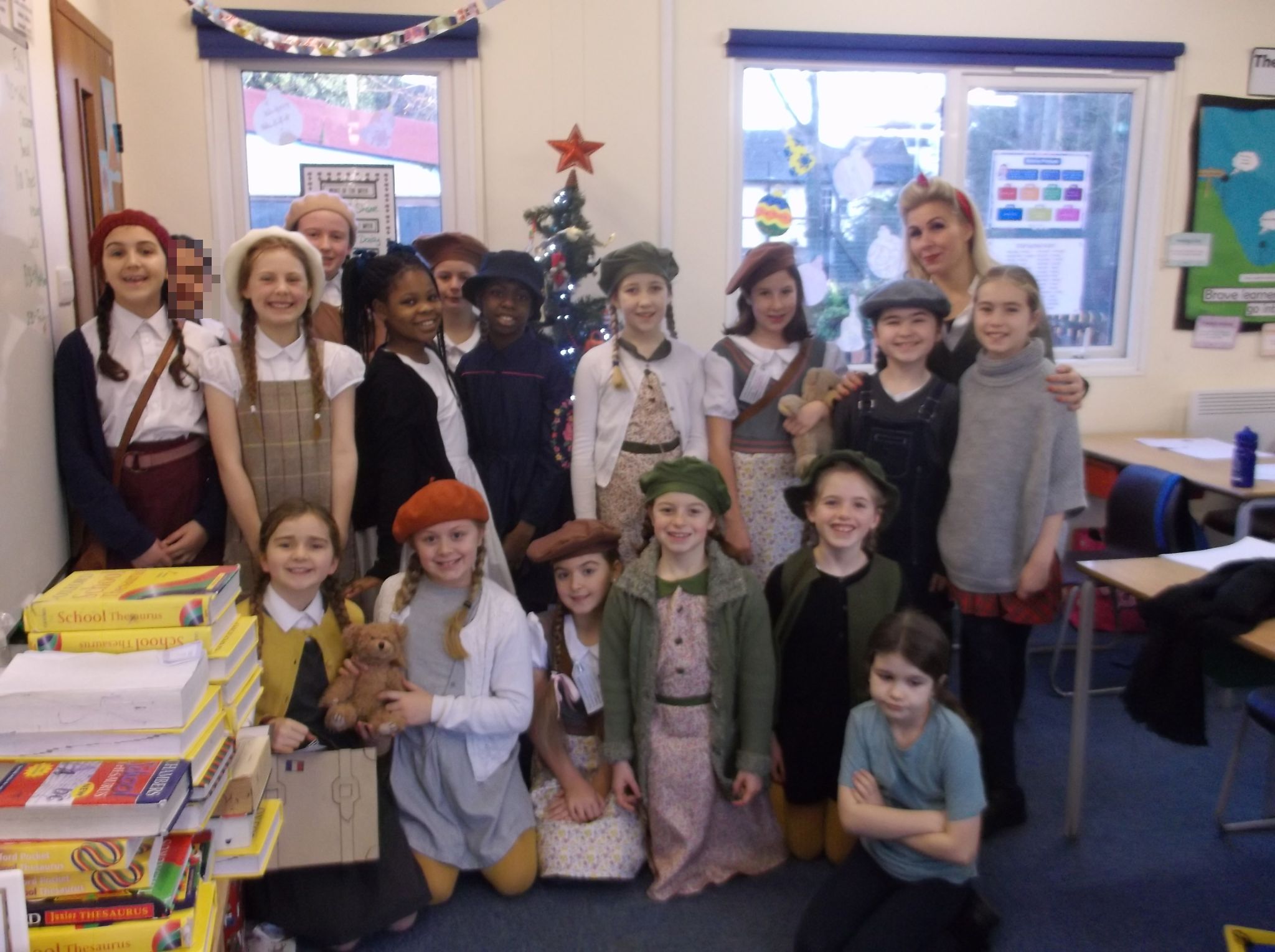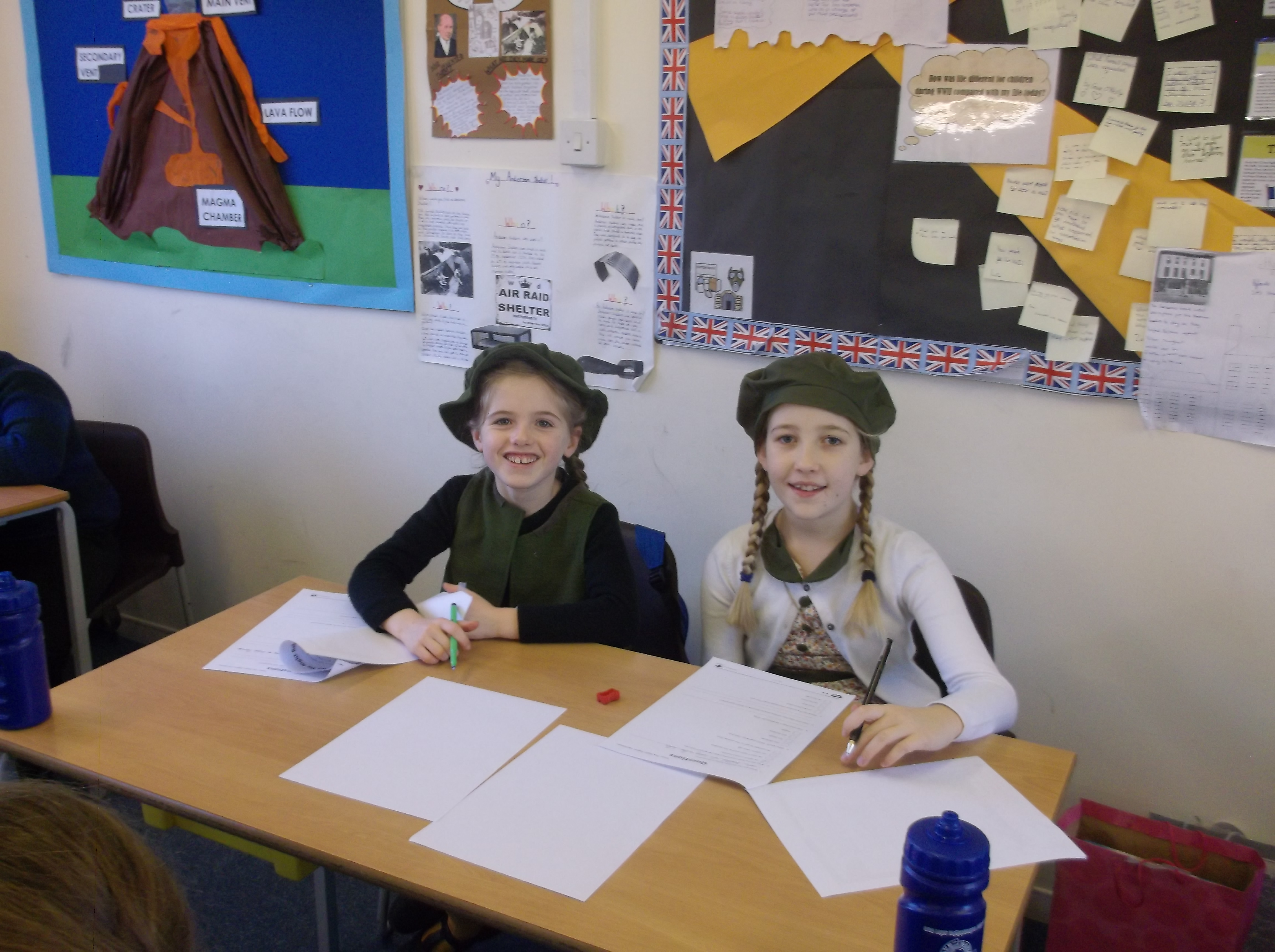 |
 |
 |
History Lead: Miss S. Worth
A people without the knowledge of their past history, origin and culture is like a tree without roots.’
Marcus Garvey
At Our Lady Immaculate Primary, we believe that a high-quality history education will help pupils gain a coherent knowledge and understanding of Britain’s past and that of the wider world. It should inspire pupils’ curiosity to know more about the past. Teaching should equip pupils to ask perceptive questions, think critically, weigh evidence, sift arguments, and develop perspective and judgement. History helps pupils to understand the complexity of people’s lives, the process of change, the diversity of societies and relationships between different groups, as well as their own identity and the challenges of their time’.
History is made daily, and the breadth of learning about the past increases exponentially. The study of the past helps children make sense of the way society has evolved and to understand the change going on around them. It is our intention to give pupils a broad understanding of human history, from the earliest times when humans first emerged, to the incredible advances and upheavals of the past century.
To develop history as a discipline, children need to utilise both their historical knowledge (names, dates, facts) and their historical skills (evaluating, comparing, interpreting).
To help build our history schema, the curriculum has been organised into four key ‘concept thresholds’. These are the big ideas that underpin the subject:
- Investigate and interpret the past
This concept involves understanding that our understanding of the past comes from an interpretation of the available evidence.
- Build an overview of world history
This concept involves an appreciation of the characteristic features of the past and an understanding that life is different for different sections of society.
- Understand chronology
This concept involves an understanding of how to chart the passing of time and how some aspects of history studied were happening at similar times in different places.
- Communicate historically
This concept involves using historical vocabulary and techniques to convey information about the past.
In the Foundation Stage, history is analogous with other aspects of knowledge and understanding of the world. Building on the foundations laid in Foundation, the emphasis in Key Stage 1 is on building an awareness of past and the passage of time, as they begin to use historical skills alongside their growing historical knowledge. Some famous historical events and people are studied to help build a framework of history as a linear sequence of events that belong to a chronology. Children look at primary historical sources such as physical artefacts to help them think about how life differed for people who lived in different periods. The chronological relationship (how long ago some things occurred, how recently other things happened) between significant events are reinforced with timelines. The experiences and changes within the local community are considered to help them appreciate changes that have occurred within living memory.
In Key Stage 2, children begin to develop a more sophisticated understanding of the connections and contrasts throughout history. Broad historical arcs (e.g. prehistory, Ancient Egypt) as well as in-depth focused studies (such as the nineteenth century and world-changing events like World War II) are used as lenses through which we develop children’s sense of the past. With reference to these epochs and events, concepts of causation, change and significance are studied. These abstract terms become used more regularly in lessons. Secondary sources are increasingly used in KS2, and with them some consideration of the intention of the writer and historiography (the writing of history).
Each history unit opens with a ‘big question’ that children will explore and ultimately be able to answer, as they complete further focused historical enquiries along the way. For example, in Year 4 pupils concentrate their learning on the Anglo Saxons and how subsequent invasions and settlers shaped society. In Year 5, more recent historical events are learned of, through the lens of the Marconi family’s invention of the radio and its impact on WW1. Then in Year 6, pupils expand their knowledge to consider WW2 and the changing face of Britain, along with far away civilisations that never approached these shores. From the pupils’ perspective, they learn about history on local, national and global levels.
Each termly unit builds on prior knowledge, the established facts (the substantive knowledge) and the way to interrogate the evidence as historians (the disciplinary knowledge) through the use of sophisticated vocabulary. History is celebrated as the whole school unites in themed days or individual focused class trips.
